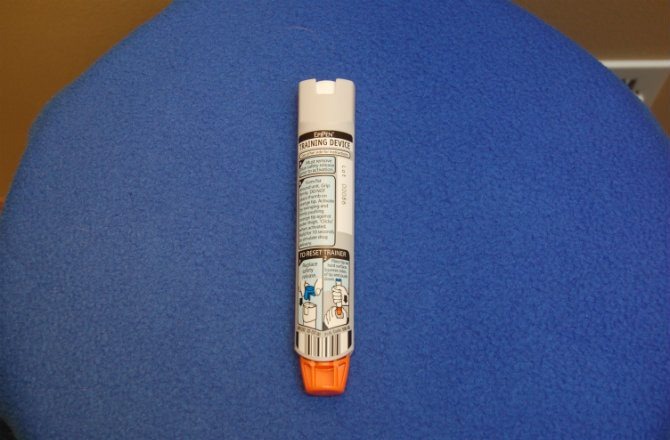Food Allergy Awareness Week In Full Swing
If you're one of the 15 million Americans living with a food allergy, this is your week. Food Allergy Awareness Week, which ends this Saturday, lets people who suffer from food allergies (a growing number) share their stories and bring more awareness to the sometimes deadly affliction.
There are several new developments in the food allegy realm, both in research and tools to help those with food allergies. A roundup of the most exciting developments:
• Two of the leaders in food allergies, the Food Allergy Initiative (FAI) and Food Allergy & Anaphylaxis Network (FAAN), will merge to create one total package of information and resources. FAI, the world's leader in funding for food allergies, will be combined with FAAN's wealth of information about allergies and anaphylaxis (a life-threatening allergic reaction), according to a press release.
• To help those with food allergies, two new iPhone apps — and one fashion bracelet — were launched this week. In Australia, food allergy sufferers can use the GoScan app to find complete product information when they scan a barcode at the store. That info includes preparation, usage and storage instructions, country of origin, and more details. For parents and kids with food allergies, the Kids with Food Allergies Foundation launched its app to include its online forums and community groups, plus online resources for kids every age. With that comes the medical ID jewelery from Fashion Alert. To make allergies known in case of emergency (and still look cool), you can get a silicone bracelet with peanut or nut allergies written on it. The adult version features Swarovski crystal pearls, stainless steel straps, and pre-engraved tags.
• While some tests have been found to be ineffective in identifying certain food allergies (i.e. milk), new research is finding new ways to diagnose food allergies. For example, a peanut allergy test may soon inculde a test for a certain protein, Arah2, which gave more accurate test results when done with an oral test. Also found this week: When crossed with certain legumes, a peanut allergy can be made worse.
